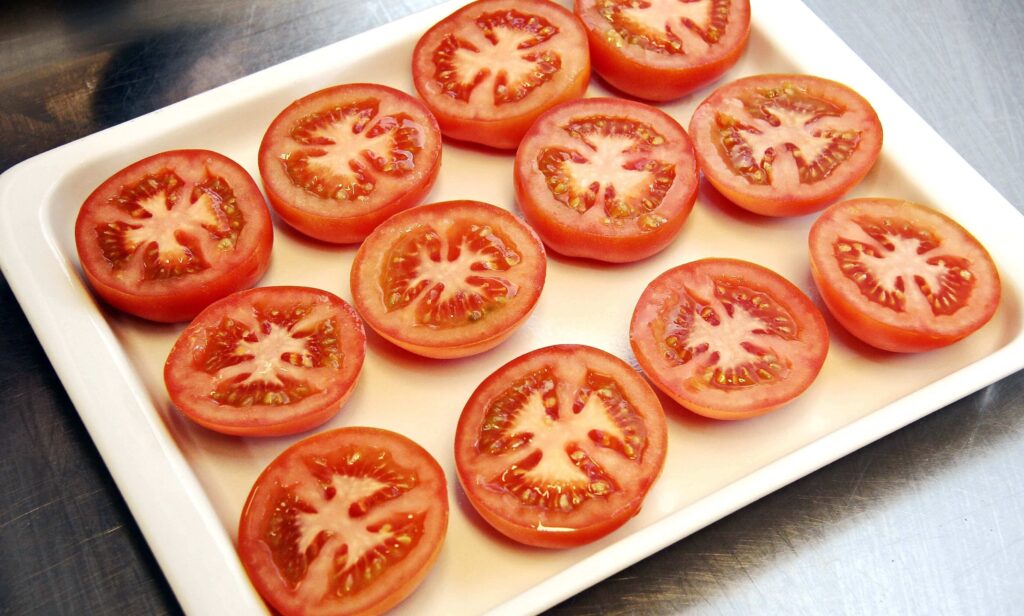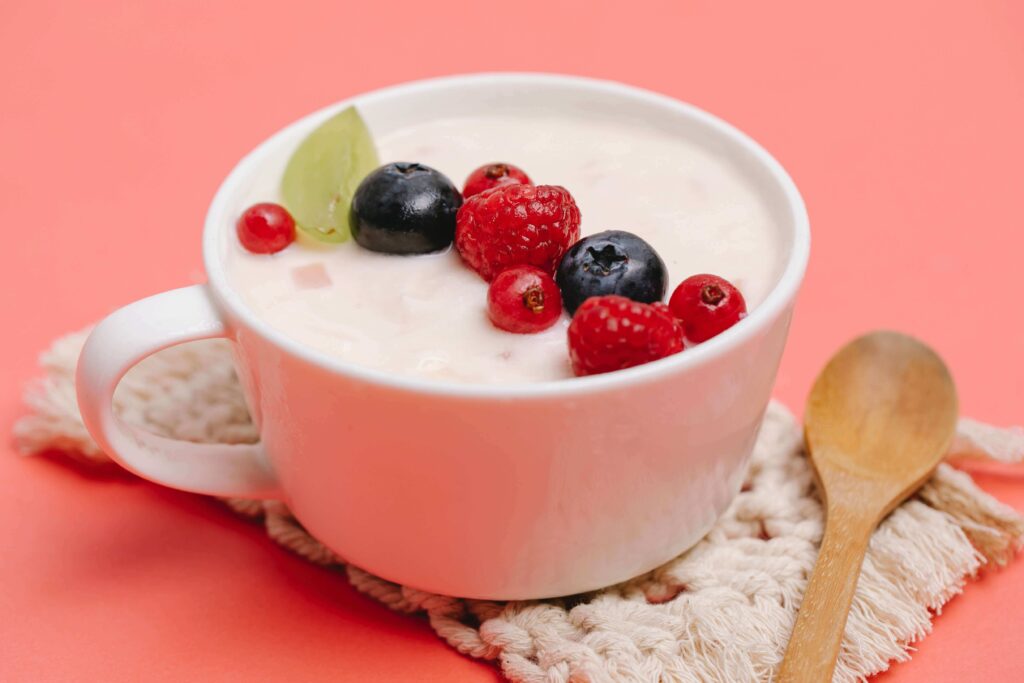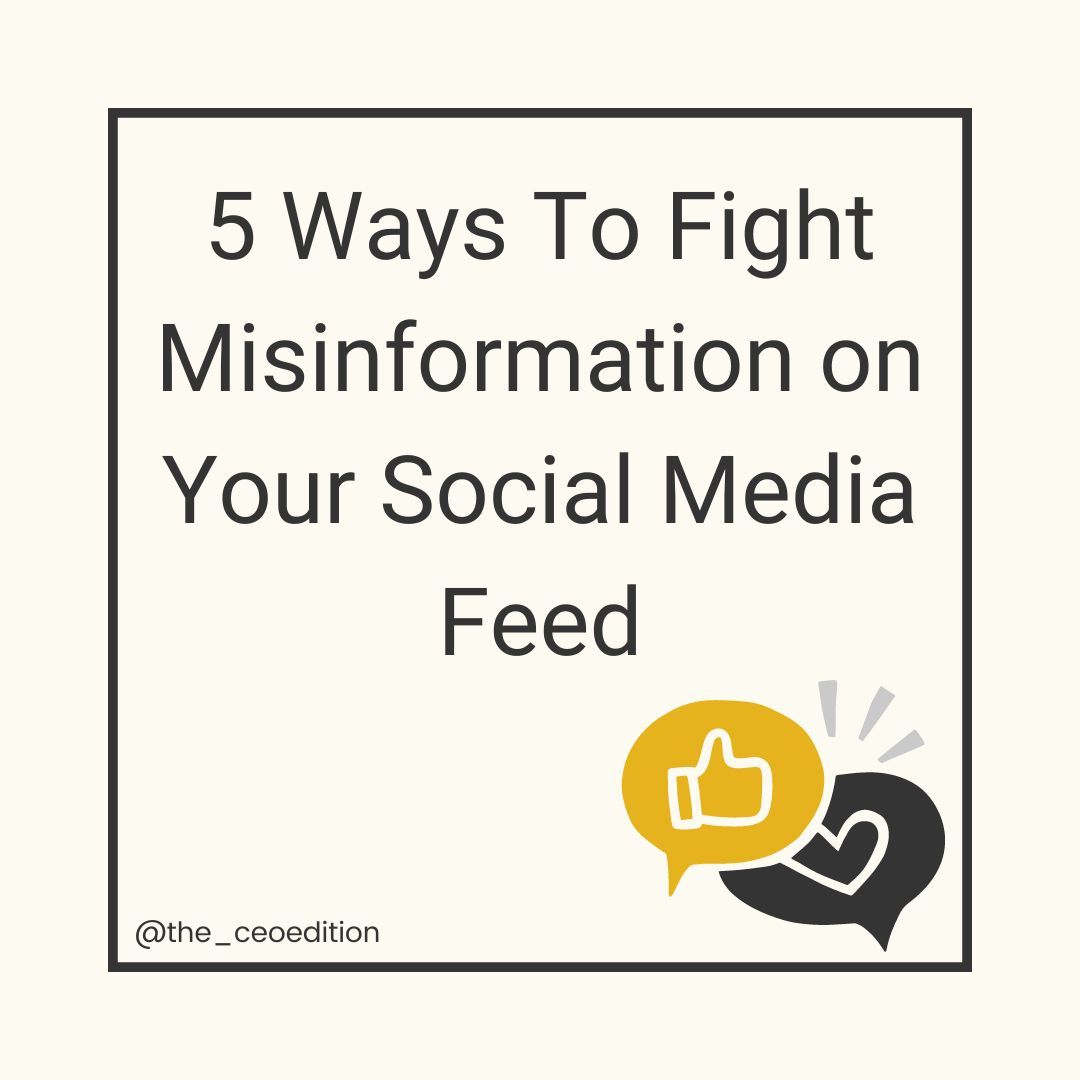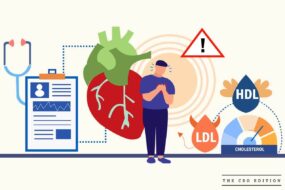Following a diet to keep your heart healthy is as essential as avoiding certain foods to prevent heart disease. According to researchers, healthy eating and living (such as exercising more) can significantly help to keep your cardio health at par.
Continue reading to learn about foods that can help you maintain a heart healthy diet plan.
21 Heart Healthy Foods You Should Start Eating Immediately
Oatmeal
Oatmeal is rich in soluble fiber that can reduce cholesterol. In the digestive tract, it functions like a sponge and soaks up cholesterol. Therefore, cholesterol is eliminated from your body rather than getting absorbed into the bloodstream.
Related: How to Reduce Cholesterol Naturally
Black Beans
Mild black beans are filled with heart-healthy nutrients. They contain antioxidants, magnesium, and folate that can help reduce blood pressure. Their fiber aids in controlling both blood sugar and cholesterol levels.
Beans are an excellent addition to soups and salads.
Salmon
Fatty fish like Salmon are considered to be the most effective to maintain your cardio health. This is because they’re rich in Omega-3s which are healthy fats. These may lower blood pressure and help you avoid heart rhythm disorders. They may also reduce inflammation and triglycerides.
Olive Oil
Made from smashed olives, this oil has high amounts of heart-healthy antioxidants. These antioxidants may safeguard your blood vessels. In addition, when you replace saturated fat (such as butter) with olive oil, it may help reduce your cholesterol levels.
Berries
Strawberries, blueberries, and other berries may reduce the risk of heart disease. They contain flavonoids and anthocyanins that may dilate blood vessels and decrease blood pressure.
Per a 2013 study published in the Circulation journal, women between 25 and 42 who ate over three servings of strawberries and blueberries a week were able to reduce the risk of heart attack by 32% than those who ate less.
Tomatoes

Tomatoes are rich in heart-healthy potassium. Moreover, they contain good amounts of antioxidant lycopene. According to Harvard Medical School, lycopene has been linked to decrease the incidence of stroke. This may also help keep blood vessels open, which helps to improve heart health.
Flax and Chia Seeds
Flax and chia seeds are among the best foods for heart health as they contain high amounts of plant-based Omega-3 fatty acids. They also come with high fiber content that helps to keep your digestive system healthy.
Pomegranate
Pomegranate contains countless antioxidants, including heart-promoting anthocyanins and polyphenols. These may help prevent the hardening of the arteries.
According to a 2021 review, pomegranates helped to prevent coronary heart disease as they came with “potent antioxidant properties.”
Apple
Apart from their proven capacity to lower total cholesterol, apples help safeguard the heart because of their prebiotic content. Prebiotics function as “food” for good bacteria found in the gut, which are associated with cardiovascular protection.
Walnuts
Walnuts are rich in Omega-3s, fiber, and plant sterols. A small number of walnuts a day may decrease your cholesterol. Additionally, it may help you avoid inflammation in the heart’s arteries. To get the benefits, replace chips and cookies with walnuts.
Soybeans
Soybeans come with soy protein that may help reduce cholesterol levels. A cup of soybeans can provide you with eight grams of heart-healthy fiber. If you prefer whole wheat bread to increase your soy protein intake, remember to consume about four slices.
Sweet Potatoes
Sweet potatoes have a lower glycemic index level compared to white potatoes. This means they won’t trigger a quick rise in your blood sugar level. Sweet potatoes also come with lycopene, vitamin A, and fiber.
Oranges
Belonging to the group of juicy and sweet foods for the heart, oranges help you get pectin, a cholesterol-fighting fiber. Their potassium content also helps control blood pressure. A medium orange has around 3 grams of fiber and 62 calories.
Low-Fat Yogurt

In addition to strengthening your bones, low-fat yogurt can help control your blood pressure. Yogurt is rich in potassium and calcium. Low-fat varieties can give a solid boost to your calcium while minimizing the fat.
Swiss Chard
This leafy, dark green vegetable has high amounts of magnesium and potassium. These minerals help regulate blood pressure. Additionally, Swiss chard comes with Vitamin A, heart-healthy fiber, and the antioxidants zeaxanthin and lutein.
Tahini
This plant butter comes from ground sesame seeds. One 2-tablespoon portion contains 3 grams of healthful fiber and 5 grams of plant protein. Researches have shown that the phytosterols in tahini may lower blood cholesterol and improve artery health.
Beetroot
Beetroot contains vital bioactive pigments called betalains. Betalains have high anti-inflammatory and antioxidant capabilities known to safeguard different systems in the body. The natural nitrates in beetroot help decrease blood pressure by dilating blood vessels.
Allium Vegetables
Allium vegetables like garlic and onions can lower inflammation in the body. This in turn decreases the chance of artery hardening. Additionally, the sulfur compounds in them have been shown to improve circulation and open up blood flow.
Green Tea
According to a 2013 study, people who consumed four cups of green tea or more daily had a 20% lower risk of stroke and cardiovascular disease than those who “seldom” drank it. A 2018 letter reaffirmed the results and suggested that the protection came from polyphenols.
Dark Leafy Greens
Dark leafy greens like lettuce, spinach, mustard greens, etc. are rich in vitamins and minerals. They also have high amounts of nitrates that help to open your blood vessels. As a result, your heart gets more amounts of oxygen-rich blood.
Cherries
Dried cherries, sweet cherries, sour cherries, and cherry juice – you can consume any of them to maintain a healthy heart. They’re rich in antioxidants known as anthocyanins. Anthocyanins are believed to help safeguard blood vessels.
Disclaimer:
Please acknowledge that all the pieces of information in this article are for general information and educational purposes only. These are not intended as pieces of health or medical advice. The article should not be viewed as a substitute for consultation with a professionally qualified medical practitioner or physician.

















